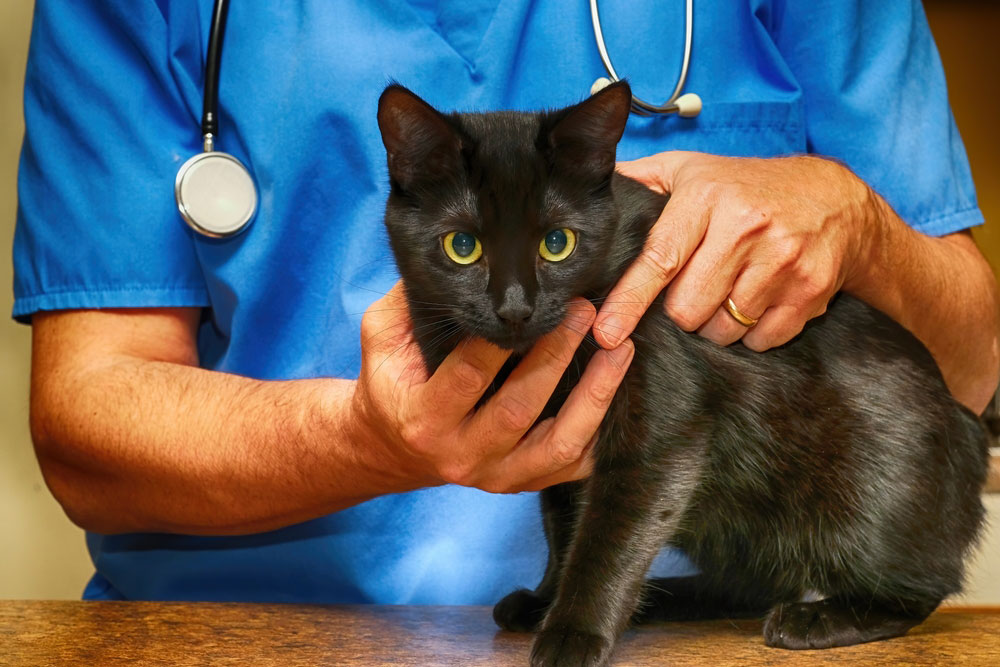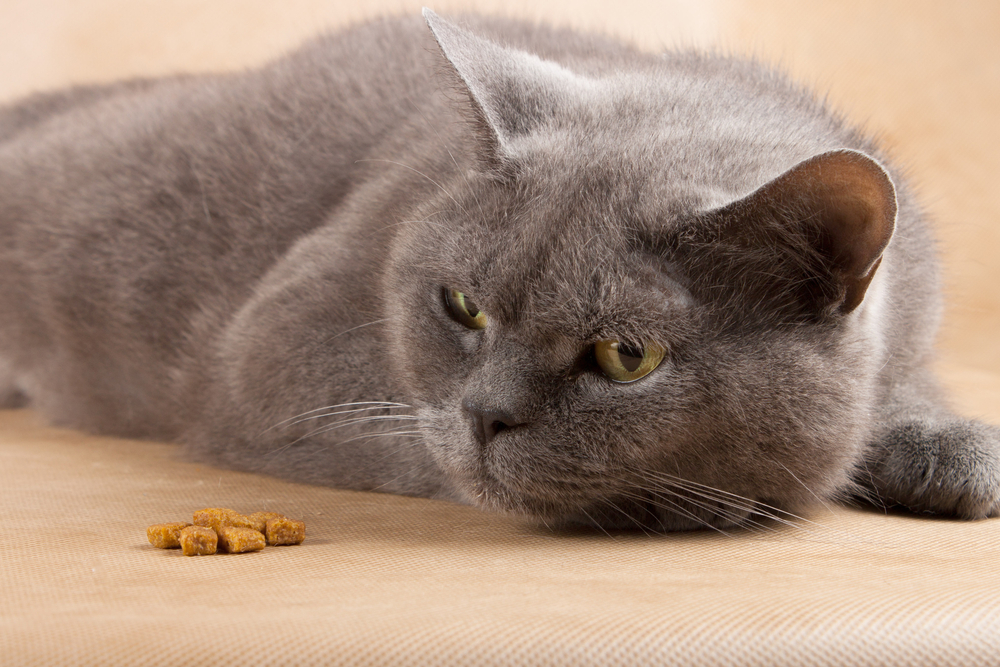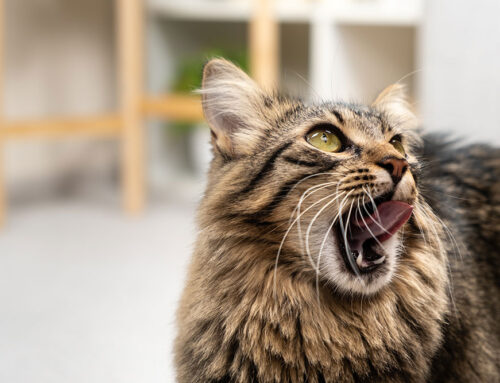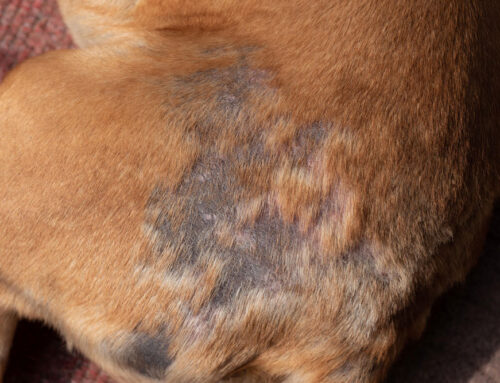Pancreatitis in Cats: Recognizing the Silent but Serious Threat
When cats get sick, it often happens quietly. A pet who was greeting you at the door yesterday may suddenly retreat to a hiding spot, skip dinner, or vomit after a meal. Because cats are so skilled at concealing discomfort, illnesses like pancreatitis can progress dangerously before owners realize something is wrong.
At Twin Maples Veterinary Hospital in Dayton, Ohio, we know how alarming it is when your cat’s habits change overnight. Pancreatitis is one of the most urgent conditions we diagnose and treat, because it can affect multiple body systems and escalate into a life-threatening emergency without prompt care. The good news is that with early recognition and immediate treatment, many cats recover and return to their normal routines.
The Pancreas: Small Organ, Big Job
The pancreas plays a vital role in a cat’s overall health. It produces digestive enzymes that break down food and helps regulate insulin to balance blood sugar. When the pancreas becomes inflamed, these powerful enzymes escape into surrounding tissues. The result is painful inflammation that disrupts multiple body systems.
Because it affects both digestion and metabolism, pancreatitis is not a localized issue. It can trigger a cascade of problems throughout the body, which is why early detection and treatment are so important. Unfortunately, feline pancreatitis is underdiagnosed. Cats rarely show dramatic signs, so many owners dismiss symptoms until the illness has progressed.
What Causes Pancreatitis in Cats?
Pinpointing a single trigger is often impossible, but veterinarians recognize certain risk factors that increase susceptibility:
- Digestive disorders. Cats with inflammatory bowel disease (IBD) commonly develop pancreatitis alongside intestinal inflammation.
- Systemic diseases. Conditions like diabetes and liver disease put additional strain on the pancreas.
- Infections or trauma. Physical injury and certain bacterial or viral infections can spark pancreatic inflammation.
- Nutritional factors. Cats are sensitive to dietary changes, and high-fat table scraps or sudden food switches can trigger gastrointestinal upset and inflammation.
- Triaditis. Some cats develop triaditis, a complex syndrome involving pancreatitis, IBD, and liver disease all at once.
Signs You Should Never Overlook
Cats with pancreatitis rarely cry out or show obvious distress. Instead, their symptoms are often subtle, and many overlap with other conditions. Watch for:
- Low energy. Hiding, moving stiffly, or unusual tiredness can point to lethargy.
- Loss of appetite. Missing more than one meal is always abnormal for cats and can quickly become dangerous.
- Digestive upset. Vomiting is one of the most common red flags, often accompanied by diarrhea.
- Abdominal pain. Cats may avoid being picked up, crouch low, or curl tightly when they rest.
- Dehydration. Vomiting and reduced drinking deplete fluids rapidly, compounding illness.
Even a single skipped meal or subtle change in behavior deserves attention, especially if it persists for more than 24 hours.
Why Pancreatitis Demands Immediate Care
Unlike some chronic illnesses that progress slowly, pancreatitis can spiral into an emergency within hours or days. Without treatment, it may cause:
- Severe dehydration, often requiring IV fluids.
- Secondary liver disease such as hepatic lipidosis, which develops rapidly in cats that stop eating.
- Diabetes, triggered by long-term pancreatic damage.
- Sepsis, a dangerous body-wide infection.
Some cats recover with same-day stabilization, but others require hospitalization and round-the-clock monitoring. Quick veterinary care can mean the difference between a manageable illness and a critical emergency.
How Veterinarians Diagnose Pancreatitis
Because the symptoms of pancreatitis mimic other conditions, diagnostics are essential. At Twin Maples Veterinary Hospital, we use a combination of advanced in-house and off-site testing to provide accurate results. Evaluation often includes:
- Bloodwork to measure pancreatic enzymes, check hydration, and assess organ function.
- Ultrasound and X-rays to visualize the pancreas and rule out other causes.
- Additional lab tests when complications such as liver disease or infections are suspected.
With in-house diagnostics and access to advanced testing, we can usually provide answers within the same day or within 24 hours, ensuring that treatment begins quickly.
Treatment Options for Feline Pancreatitis
Stabilizing Cats in the Clinic
Supportive therapy is the cornerstone of care for pancreatitis. Cats may receive:
- IV or subcutaneous fluids to restore hydration and support circulation.
- Pain medication to manage abdominal discomfort and encourage normal activity and eating.
- Anti-nausea drugs to reduce vomiting and improve appetite.
- Appetite stimulants if nausea is controlled but food refusal continues.
- Nutritional support, since cats that stop eating are at risk for liver complications. Assisted syringe feeding or temporary feeding tubes may be required.
Ongoing Management
If pancreatitis is linked to conditions like IBD, diabetes, or liver disease, those issues must be treated at the same time. Mild cases may improve in a few days, while severe pancreatitis often requires weeks of careful management and follow-up. At Twin Maples, our team works with you to ensure stabilization and partners with your family veterinarian for ongoing care.
Reducing the Risk of Pancreatitis
Not all cases can be prevented, but proactive care lowers your cat’s risk:
- Provide a consistent, balanced diet made for cats.
- Avoid fatty scraps and human foods, and stick to pet-safe treats when rewarding your cat.
- Maintain a healthy weight. Overweight cats are significantly more likely to develop inflammation.
- Schedule regular wellness exams so subtle issues can be caught early.
Prevention is not foolproof, but it helps reduce the likelihood of severe flare-ups.

Frequently Asked Questions
Can pancreatitis come back? Yes. Cats with underlying conditions may experience recurrent flare-ups.
Is it contagious? No. Pancreatitis cannot spread between pets or to humans.
How long does recovery take? Recovery varies. Some cats improve in days, while others require weeks and extended hospitalization.
What should my cat eat during recovery? Your veterinarian will prescribe a bland, digestible diet. Avoid sudden changes that could upset the digestive system further.
Compassionate Care for Cats in Dayton
Pancreatitis is not just an upset stomach. It is a painful, potentially life-threatening disease that requires urgent attention. At Twin Maples Veterinary Hospital, our AAHA-accredited, Feline Friendly team provides advanced diagnostics, individualized treatment, and compassionate support to help your cat recover and thrive.
If your cat is vomiting, refusing food, or acting unusually quiet, do not wait. Request an appointment today or call us to speak with our team. With early action, many cats with pancreatitis make a full recovery and return to the comfort of home.









Leave A Comment